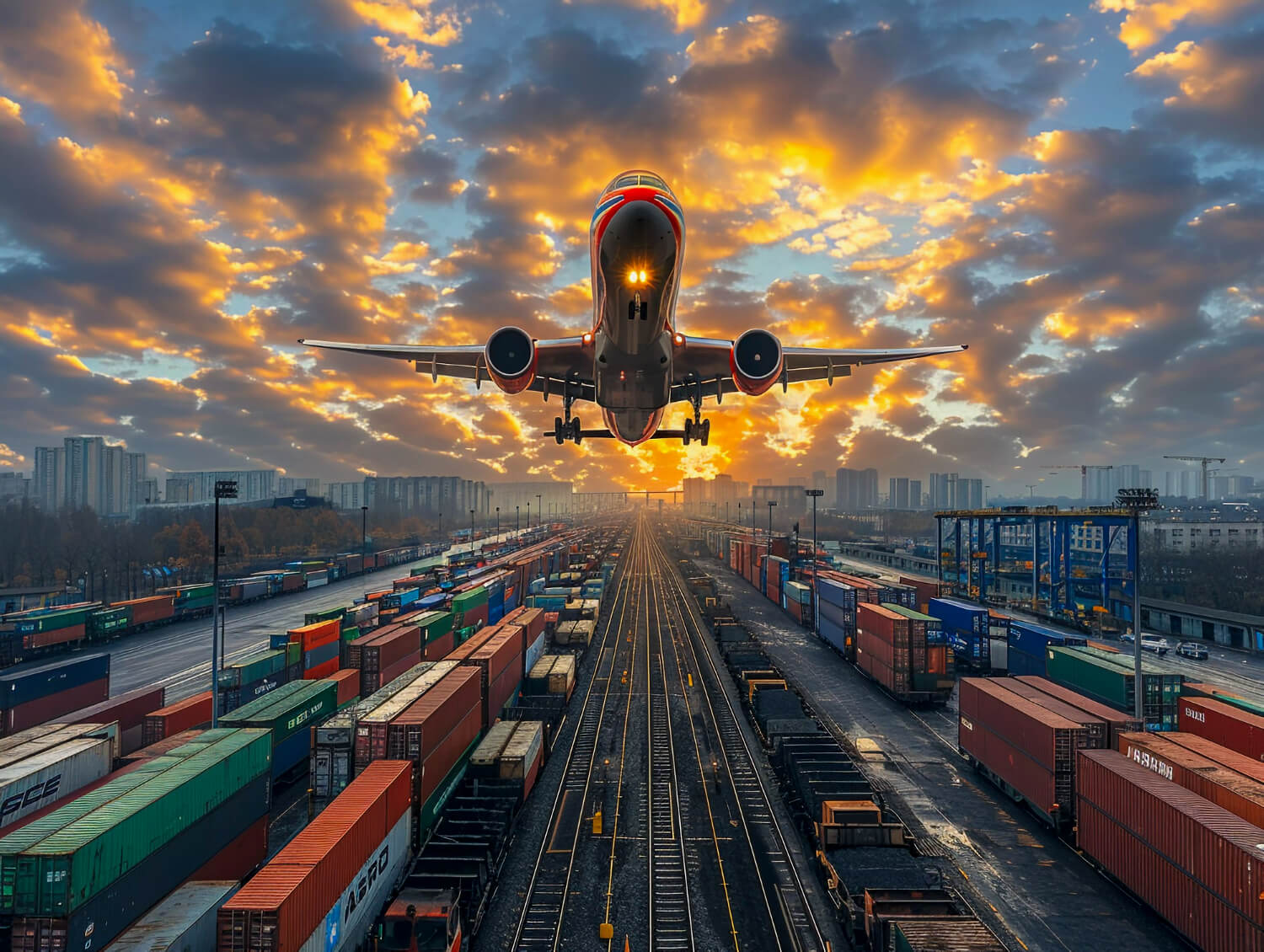The cargo shipping industry is a crucial part of the global economy, ensuring that goods are moved efficiently across the world. As we move into the next decade, several emerging trends are set to transform this industry. From technological innovations to environmental considerations, these trends will reshape how cargo is transported, making shipping faster, safer, and more sustainable.
Technological Advancements in Automation and Robotics
One of the most significant trends in cargo shipping is the increased use of automation and robotics. Automation technology, including drones and automated vehicles, is becoming more prevalent in ports and on cargo ships. These technologies help streamline operations, reduce human error, and increase efficiency. For example, automated cranes and self-driving trucks can load and unload cargo faster than ever before, decreasing turnaround times and increasing productivity.
Green Shipping Practices
As environmental awareness increases, the shipping industry is under growing pressure to reduce its carbon footprint. This has led to the development of ‘green’ shipping practices and technologies. Ships are being designed to be more fuel-efficient, some using alternative fuels such as liquefied natural gas (LNG) or even solar power. Additionally, companies are investing in carbon offset programs and more advanced emission control technologies to meet stricter regulations and reduce environmental impact.
Enhanced Tracking and Transparency
Technology is also improving the transparency of the shipping process. With the integration of the Internet of Things (IoT) and blockchain technology, it is now possible to track the precise location and condition of cargo in real-time. This not only enhances security but also improves the accuracy of shipping logs, reduces losses and theft, and increases overall trust between shippers and clients.
Expansion of E-commerce
The explosion of e-commerce is significantly impacting cargo shipping. As more consumers shop online, there is an increasing demand for faster and more reliable delivery services. This has led to growth in last-mile delivery solutions and changes in inventory management, with a focus on speed and agility. Shipping companies are adapting by creating more localized distribution centers and using technology to optimize delivery routes.
Increased Regulations and Security Measures
As the world becomes more connected, the risk of cyber-attacks and other security threats to the cargo shipping industry increases. In response, there is a growing emphasis on cybersecurity measures to protect sensitive data and ensure safe operations. Furthermore, international regulations regarding shipping safety and environmental compliance are becoming stricter, requiring companies to invest in better safety equipment and adhere to more rigorous standards.
Adoption of Artificial Intelligence
Artificial Intelligence (AI) is beginning to play a more prominent role in cargo shipping. AI can predict the most efficient routes and anticipate potential issues, such as bad weather or mechanical failures, before they occur. This predictive ability helps reduce downtime, save on costs, and increase the reliability of shipping schedules.
More Collaborative Industry Standards
Finally, as the industry grows and evolves, there is a move towards more collaborative standards and practices. Companies are working together more than ever to standardize operations and improve interoperability between different modes of transport. This collaboration helps streamline the supply chain, reduce bottlenecks, and create a more seamless global trade network.
Conclusion
The next decade promises significant changes for the cargo shipping industry. With the integration of advanced technologies and a stronger focus on sustainability and efficiency, the future looks bright. Companies that adapt to these trends quickly and efficiently will likely lead the market, providing enhanced service offerings that meet the needs of modern consumers and businesses. As these trends continue to develop, they will define the new standards for the global shipping industry, making it more robust and resilient than ever before.
